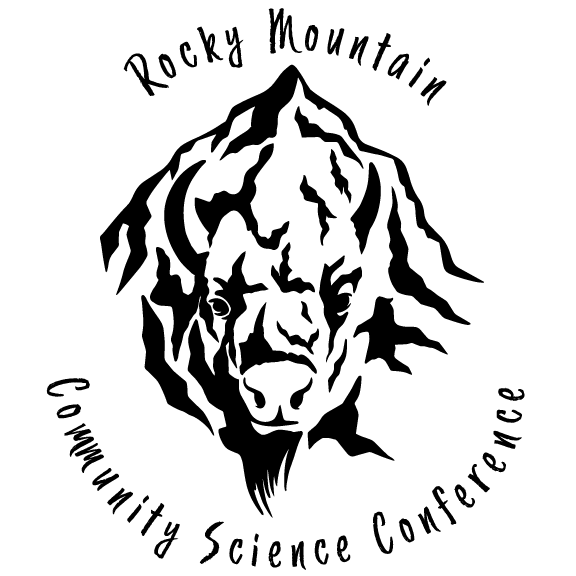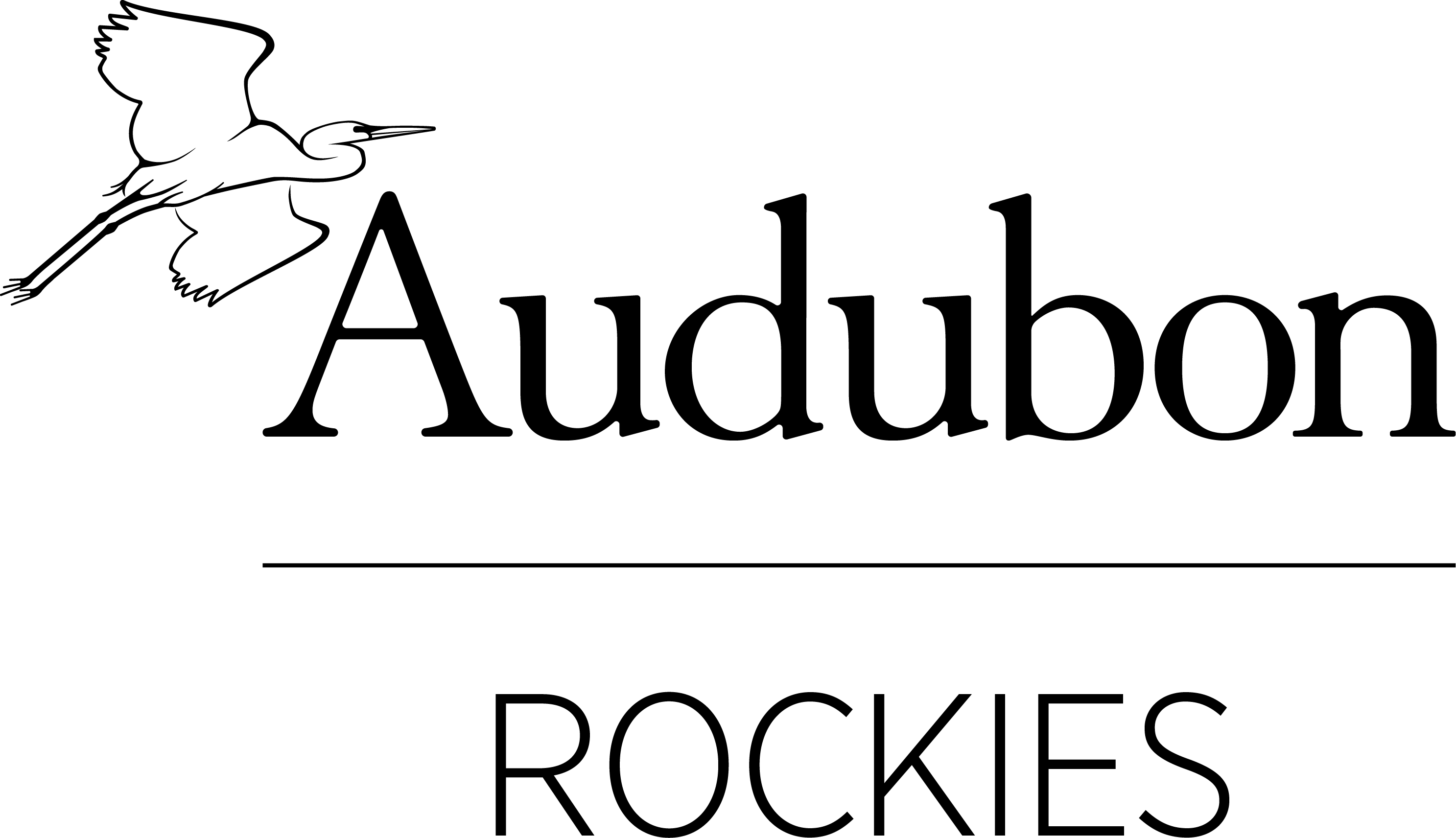-

Rocky Mountain Community Science Conference
Community science is a collaborative research effort that connects scientists and science enthusiasts in the broader community. Anyone can become part of the scientific process by participating in community science projects and collecting data to answer important research questions.
Rocky Mountain Community Science Conference

Conference Feature:
Kayla Clark will lead us through a skill-building presentation on graphic design basics. Prior to academia, Kayla owned a design and marketing studio, building an international professional practice. Kayla’s expertise is in graphic design with a focus on archetypal print and digital design as well as exhibit installation and industrial design. She works closely with natural and social scientists on STEAM collaborations and provides creative strategies to scientific communication. More presentations to be in November.
Pictured: The 2024 cohort of the Wyoming Naturalist Program.
Registration for the 2024 conference is now open!
Join us for the 2024 virtual conference on Thursday, December 5, from 9 AM to 4 PM.
Virtual registration: $25
Registration closes on December 2. The final schedule will be released in early November.
rEGIStration is closed
We want you to speak at the conference!
We are accepting abstract submissions through November 8.
- Presentation: 20 minutes for presentation and questions. An additional 20 minutes can be requested, but we have a limited number of 40-minute time slots so all requests for additional time may not be granted. Presentations can be related to any community science topic of interest, but should not be focused on showing off/advertising a project.
- Project Slam: 10-minute presentation overview of your project (no time for questions). Please choose this presentation type if you want to show off/advertise one of your projects!
- Poster: Posters can cover any community science topic of interest or be used to show off/advertise your project.
We will notify you of our acceptance decision the week of November 11. All presenters will need to register for the conference at the normal rate.
Questions? Please email conference coordinator, Mason Lee, at mlee37@uwyo.edu with any questions.
ABSTRACT SUBMISSION IS CLOSED

2024 Keynote Speaker: Julia Kumari Drapkin, CEO of ISeeChange
Julia is the CEO and founder of ISeeChange. She founded her award-winning climate change tech company after over a decade of reporting natural disasters and climate change across the globe and in her own backyard on the Gulf Coast. Today, it is almost impossible to separate our natural, built, and social environments. Weather and climate affect the type of infrastructure we build and how we live, work, and play in our communities. While our social environment determines how those impacts are experienced, it also determines which voices are heard from when it comes to solving problems.
Julia is connecting the stories to the data and producing unprecedented information related to climate change for use across numerous industries and communities. Under her leadership, ISeeChange has received national and international recognition from the Obama White House Climate Data Initiative, NASA, MIT Solve, Echoing Green, TechStars, the United Nations, Grist, AGU, and the AAAS.




